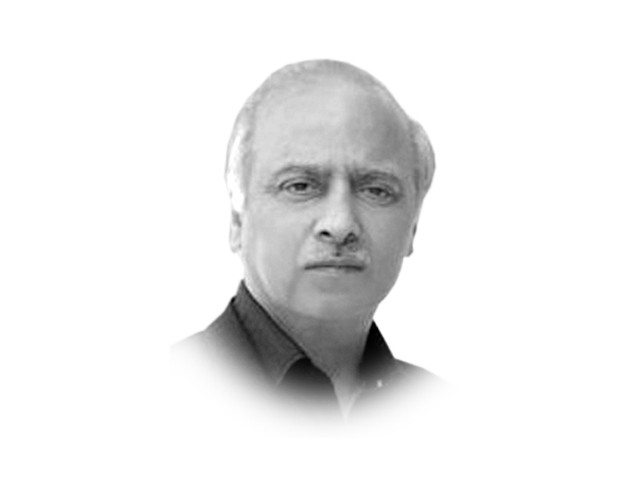Senate: ideals and practice
It is about time to build a bottom-up pressure for reviewing and reforming the farce that is called the Senate

The writer heads the independent Centre for Research and Security Studies, Islamabad
Let us see what motivated the founding fathers of the United States to suggest a bicameral legislature. They, including Madison, envisioned the Senate to be a wise stabilising force, elected not by mass electors, but selected by state legislators. Senators would be more knowledgeable and more deliberate, as was the assumption. The Upper House was designed to shield minority federating units/provinces from the oppression of the majority.
Bicameral legislatures are linked primarily to their federal political structure and are supposed to ensure that smaller states within a federation or union are not overshadowed by larger states, which may have more representation in the other House of the legislature. It is also supposed to guard against an encroaching centre.
Contrast this with the Senate of Pakistan. The motive behind the creation of the Senate was also to give equal representation to all the four federating units since the membership of the National Assembly was based on the population of each province. Equal provincial membership in the Upper House, thought the authors of the 1973 Constitution, would offset the provincial inequality in the National Assembly.
Where is that spirit? Has the Senate acted as a pivot of wisdom? Has it protected the rights of Balochistan? Have its members and the mainstream political parties upheld their constitutional obligations? Well, by indulging in buying and selling of votes, many aspirants to the Senate shamed democracy — they committed nothing less than a murder of the very democratic norms that these parliamentarians are supposed to stand for.
The PML-N advocated fair elections but itself awarded one of the Balochistan tickets to an extremely wealthy lawmaker who originates from Punjab, Kulsoom Perveen. The Sharifs shelved all their moral scruples when awarding the ticket to her in a blatant misuse of authority. Raheela Magsi, a PML-N senator elected from Islamabad, also defied the logic of representation of smaller provinces. Similarly, Fata senators reportedly upped the ante at the eleventh hour but the late promulgation of an ordinance came in their way. Close to Fata is a particularly wealthy family from Dera Ismail Khan, whose affluence almost always got it Senate tickets. However, this time around Pervez Khattak, the Khyber-Pakhtunkhwa chief minister, came in its way. For the first time, a chief minister outwitted money-wielders and denied them votes from within the PTI.
It is about time, it seems, to build a bottom-up pressure for reviewing and reforming the farce that is called the Senate of Pakistan. Why can’t we have a direct election for the Upper House too?
Published in The Express Tribune, March 11th, 2015.
Like Opinion & Editorial on Facebook, follow @ETOpEd on Twitter to receive all updates on all our daily pieces.













COMMENTS
Comments are moderated and generally will be posted if they are on-topic and not abusive.
For more information, please see our Comments FAQ